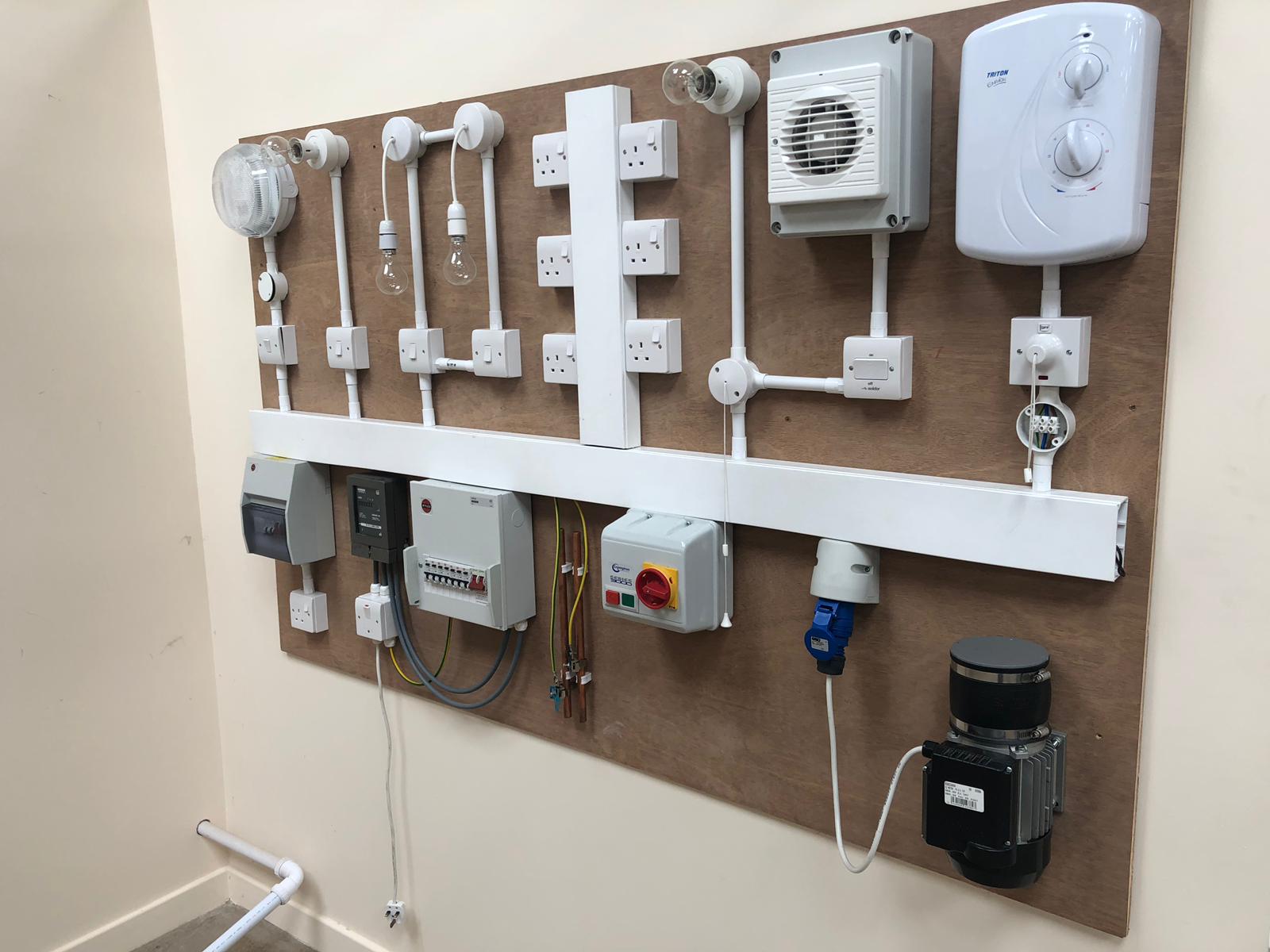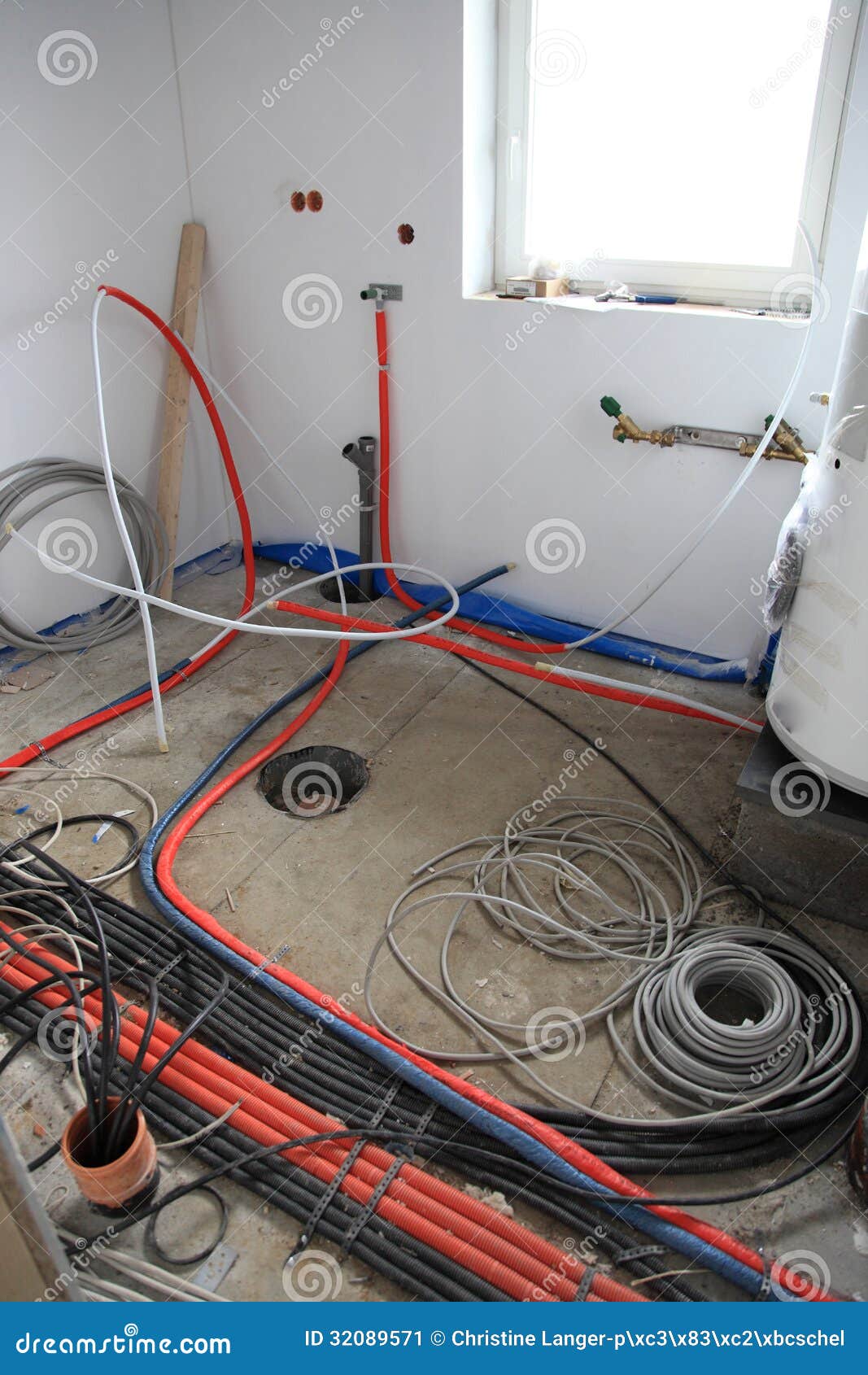Demystifying Electric Setup: Recognizing Codes and Laws for a Lawful and Safe Setup
In the realm of electric installation, adherence to codes and regulations is extremely important to ensure both legality and safety and security. The intricacies bordering electric work can be difficult, yet familiarizing oneself with the well-known standards is crucial to navigating this area with confidence. By comprehending the intricacies of the National Electric Code and neighborhood building regulations, individuals can ensure that their installments meet required safety procedures and are in conformity with the legislation. The trip to demystifying electrical setup goes past simple knowledge with guidelines; it requires a profound grasp of just how to implement risk-free electric methods effectively.
Significance of Electric Codes
The adherence to electric codes is critical in making sure the safety and integrity of electrical setups. Electric codes act as a collection of requirements and guidelines that determine the correct design, setup, and maintenance of electrical systems. These codes are established to decrease the risk of electrical threats, fires, and other safety and security concerns that might occur from faulty electric job.

In addition, electric codes are routinely updated to incorporate brand-new technologies, finest techniques, and precaution. Staying upgraded with these codes is vital for experts in the electric market to guarantee that their work meets the most up to date security requirements. Inevitably, the significance of electric codes hinges on producing a safe and secure and effective electrical infrastructure that benefits both people and areas.
Secret Regulations for Safety And Security
Several essential regulations govern the security standards in electric setups. One key guideline is the National Electrical Code (NEC), which provides guidelines for safe electrical layout, installation, and inspection to secure individuals and building from electrical hazards. The NEC covers elements such as electrical wiring methods, grounding, overcurrent security, and tools installment to ensure a risk-free electric system.
Another important law is the Occupational Security and Wellness Management (OSHA) requirements, which concentrate on the safety and security of employees associated with electric installations (BRE Automation Australia). OSHA policies include demands for proper training, safety and security treatments, and individual safety equipment to protect against work environment crashes and injuries
Furthermore, the International Electrotechnical Compensation (IEC) requirements intend to harmonize electric setup guidelines on a global scale. These standards address problems like electric tools safety, electro-magnetic compatibility, and power performance to promote harmony and safety in electrical setups worldwide.
Compliance with these vital policies is vital to make certain the security and legality of electric installments, safeguarding both people and residential or commercial property from the threats hop over to here related to electrical energy.
Comprehending National Electric Code
Secret laws such as the National Electric Code (NEC) give important guidelines for risk-free electrical style, installation, and evaluation to guarantee the security of individuals and building from electrical risks. The NEC, also called NFPA 70, is an extensive set of standards for electric installments that are upgraded every three years. It is created by the National Fire Security Organization (NFPA) and is widely adopted across the USA.
The NEC covers various elements of electrical job, including electrical wiring approaches, grounding, overcurrent defense, and devices setup. It aims to secure people and residential or commercial property by resolving possible threats connected with electrical systems. Compliance with the NEC is normally applied by local authorities having territory (AHJs), such as constructing code officials and inspectors.
Comprehending the NEC is critical for electric professionals, developers, and examiners to make certain that installments satisfy the needed safety demands. By sticking to the NEC guidelines, experts can aid stop electric crashes and make certain the dependability of electrical systems in residential, business, and industrial setups.

Compliance With Neighborhood Building Ordinance
Recognizing and adhering to regional building codes is essential for ensuring the security and conformity of electric installments within a details territory. These codes describe particular needs for electric setups, such as the type of circuitry to be used, placement of outlets, grounding approaches, and load capacities.
When it comes to electrical installments, failure to follow local building regulations can lead to serious consequences. Non-compliant setups might posture safety and security threats, enhance the risk of electric fires, and lead news to expensive fines or legal issues. Furthermore, insurer may refuse to cover problems arising from installments that do not meet regional building regulations demands. It is critical for electrical experts and service providers to remain educated around and strictly stick to the local structure codes applicable to their tasks.
Making Sure Safe Electric Practices
Practicing stringent adherence to developed security protocols is important in the area of electric home setups to alleviate possible risks and make certain the health of people and residential or commercial properties. Safety and security in electrical job incorporates various facets, beginning with the correct training of employees included in installment, maintenance, and repair work. By focusing on secure practices, electric installments can operate successfully while minimizing the chance of mishaps or damages.
Verdict
Finally, adherence to electric codes and guidelines is important for making sure the safety and validity of electrical installments. Understanding the National Electric Code and conformity with neighborhood building ordinance are essential for a risk-free setup. By following these standards and practicing safe electric methods, people can prevent possible hazards and guarantee the correct performance of their electric systems.